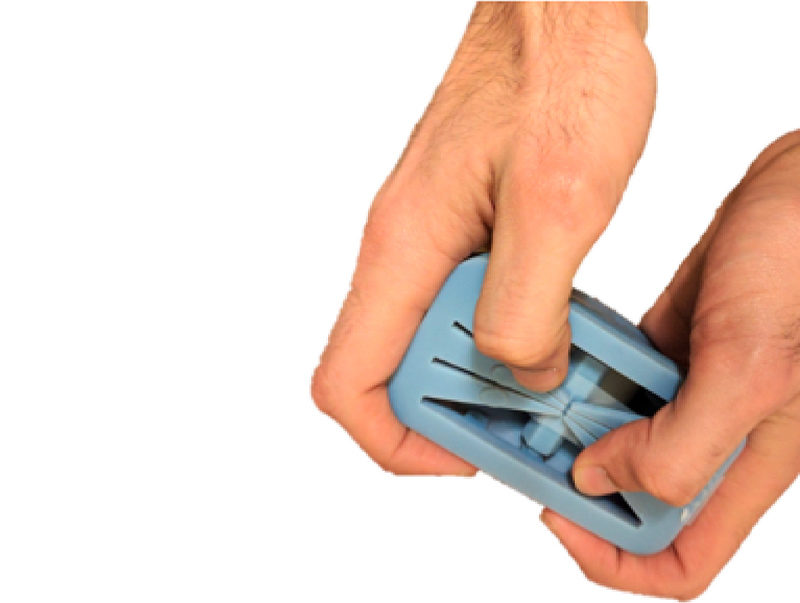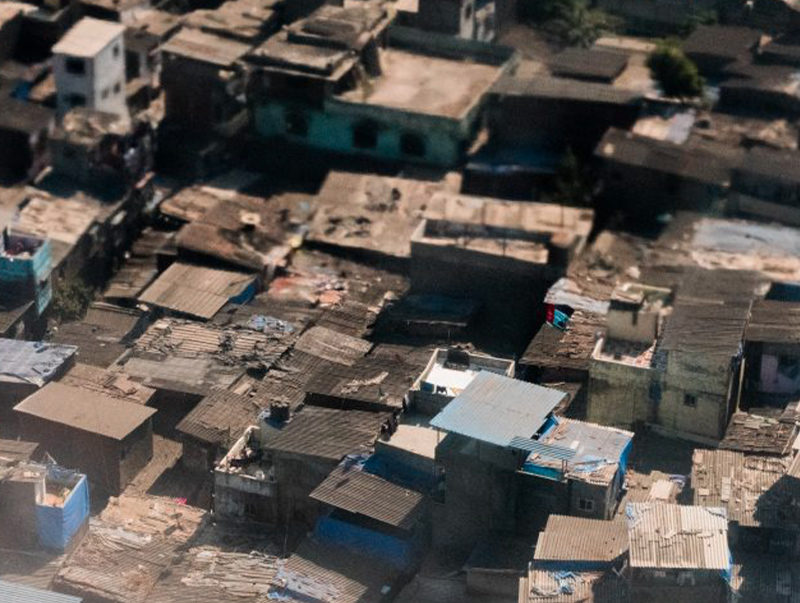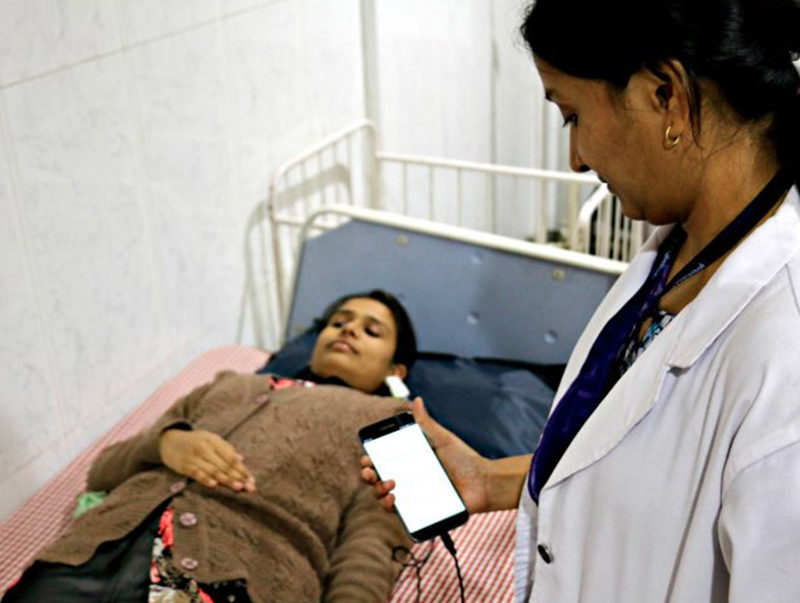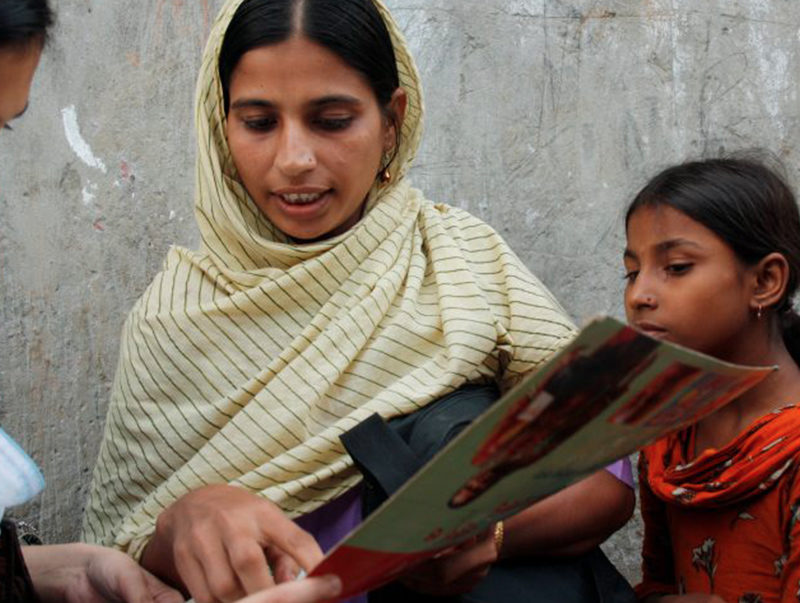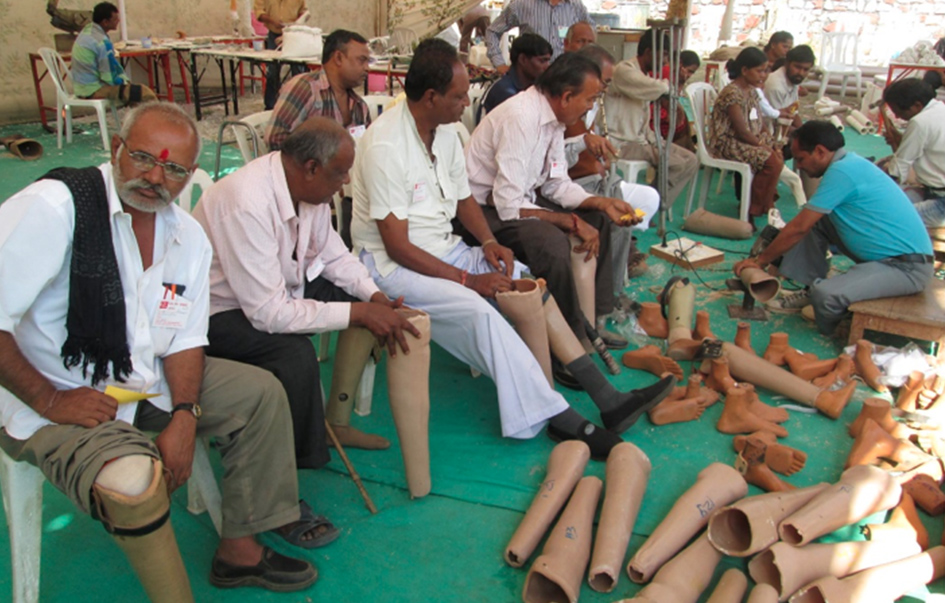
PROJECT DETAILS
- Focus Area Award, Health
- Faculty Amos Winter
- Fellow Victor Prost
- Fellow Katy Olesnavage
- Mentor Nevan Hanumara
In India alone, there are about one million people with lower limb amputations. These people are using inadequate limbs that require significantly more effort to walk, exhibit unnatural walking motions, and are subject to social stigmas preventing them from employment and independent living. There is a gap between the high-performance prosthetic feet in the United States that cost thousands of dollars and the affordable prostheses in the developing world that lack quality, durability, and performance.
The aim of this project is to design a high performance, mass-manufacturable, passive prosthetic foot that complies with international standards at an affordable cost. Through a novel quantitative method called Lower Leg Trajectory Error (LLTE), which maps the mechanical design of a prosthetic foot to its biomechanical performance, we can optimize the compliance and geometry of a passive prosthesis to replicate able-bodied gait and loading on the foot using affordable materials.
Current work is being done on evaluating this novel optimization method for designing prosthetic feet. Extensive clinical testing is being performed on optimized prosthetic feet prototypes to evaluate the accuracy and validity of our LLTE-based design tool. The validated design tool will be used to create high performance, low-cost, and mass-manufacturable prosthetic feet for amputees in India and throughout the developing world.
Watch the video
External link
Download the poster
A low cost, mass manufacturable prosthetic foot for persons with amputations in India




